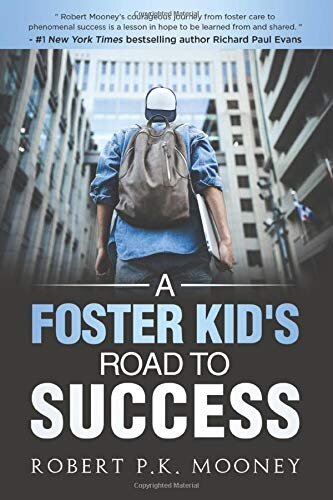When a child enters into foster care, our number one goal, if possible, is reunification with the biological family. While that isn’t always the case and adoption or kinship care becomes the next steps, a successful reunification is something that we strive for. In some cases, the reunification with the biological family continues to include the foster parents that have come to love those children.
One of our foster families encountered just that with a recent placement. Below, Heather reflects on her relationship with her foster children’s biological mom, both before and after reunification.
“TO REUNIFICATION AND BEYOND”
One of the hardest things about being a foster parent is saying good- bye to the children we have shared our home and our love with. While reunification should always be our ultimate goal, when possible, our hearts break at the thought of these children no longer being in our lives. Sometimes, however, if you are lucky, you have built a relationship with the biological parent(s) that allows continued contact. We have been blessed to have this relationship with our most recent placement.
In August 2017, we welcomed a 9-month-old boy, Tomas, and his 7-year-old sister, Ugenia, into our home. The mother is from Guatemala and the children were placed with us, primarily because we are a bilingual family. There was initial animosity from mom, because people told her that we planned to adopt her children. However, once I made it clear that this is only a step that is taken when parents don’t show interest in working their plan or recovering their children, things went more smoothly.
The children returned to her care in May 2018. Since that time, we have been able to spend time with them as a family and also one on one with the children. We took Ugenia to VBS, had birthday celebrations with them, have assisted with follow up medical appointments for a health condition that required Tomas to have surgery while in our care, helped mom shop for WIC and served as emergency babysitters. Once, when we were shopping, Tomas kept saying “mommy, mommy” and, even though she would answer him he continued until she said “oh, the other mommy” and laughed. It felt good to know she was ok with him calling me mommy.
My greatest gift came yesterday, though, when the mom sent me a text to wish me happy Valentine’s Day (known as the day of love and friendship in Latin America) and thanked me for our unconditional love for them and told me they love us as well.
Written by Heather C.
We would like to thank Heather for sharing her experiences with us! If you are interested in fostering, please contact us at 423-693-2580 or email fostercare@chamblisscenter.org.
















